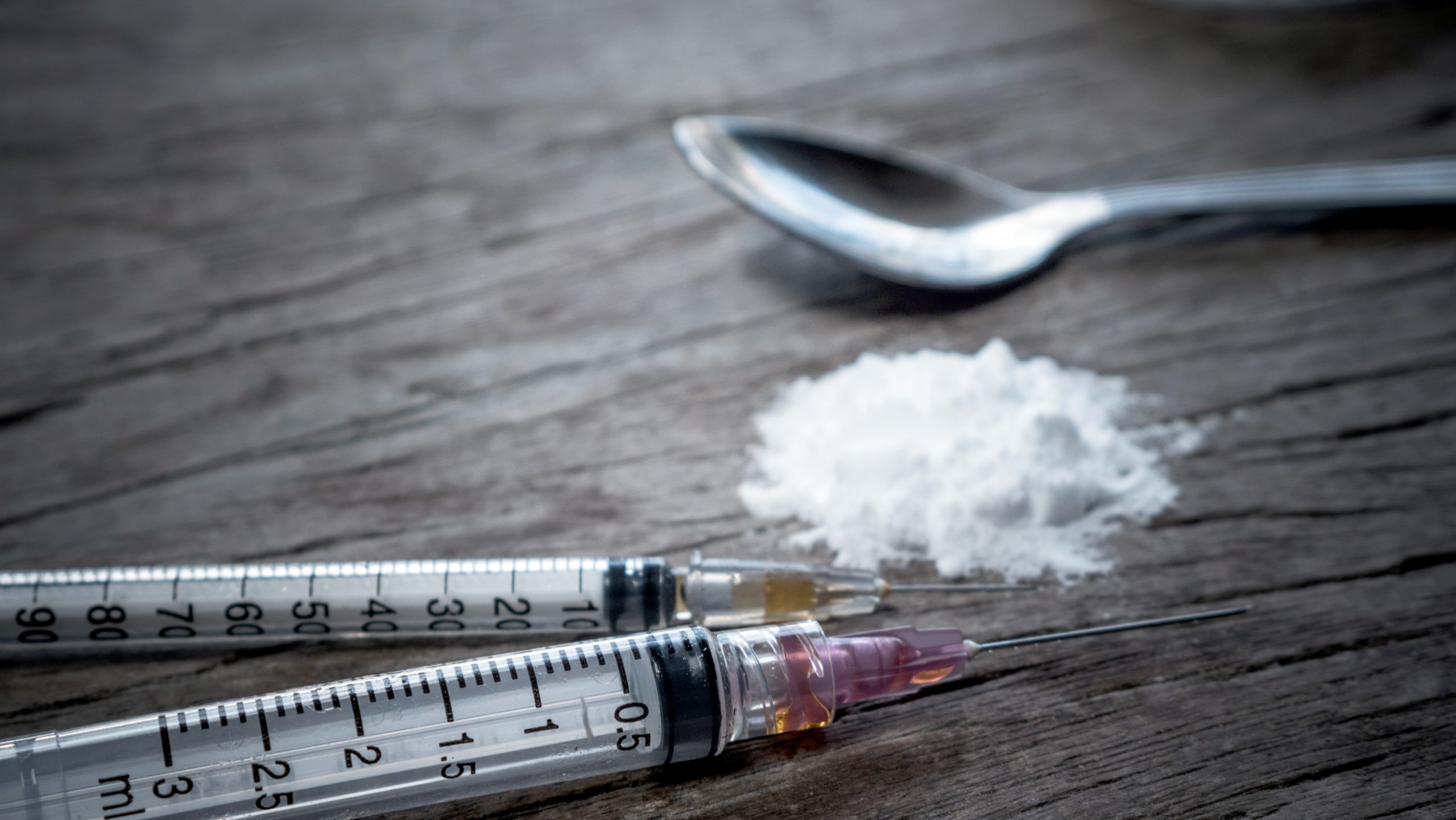If you’re struggling with substance abuse, don’t let paying for rehab deter you from seeking treatment. There are many resources out there that can help you or a loved one pay for rehab. As you explore your options, you can determine what treatment facility is best for you.Â
Required Treatment for Your Needs
The first step to take to determine if you can afford addiction treatment is figuring out what kind of addiction treatment you need. There are various types of addiction treatment programs available to choose from. Different programs will have different costs associated with them.
Treatment Options
The type of treatment option you need depends on how severe your addiction is along with other factors. If you are dealing with a mild addiction, an outpatient program could be enough to help you overcome your substance abuse. If your addiction is more serious, and you might experience severe withdrawal symptoms that require medication and observation, inpatient treatment with detox is the best option for you.Â
Inpatient treatment
When you undergo inpatient treatment, you will live at the treatment facility. This is a residential form of treatment. One of the biggest benefits to inpatient treatment is you remove yourself from your surroundings that helped fuel your addiction. You will also have only one thing to focus on during inpatient treatment: getting and staying sober. The normal temptations aren’t available during inpatient treatment. This treatment is more costly than outpatient because of its residential nature.Â
Outpatient treatment
Outpatient treatment tends to cost less than inpatient treatment because you don’t live at an outpatient facility. You’ll attend individual and group therapy sessions here, just like you would during inpatient. The difference between the two is you aren’t putting your life on hold while participating in outpatient treatment. You will live at your house, have all of the same personal responsibilities, and even go to work. The downside to this is you have less time during the day to focus on recovery, the upside is you’ll easily learn how to incorporate recovery into everyday life. Â
Exploring Funding options
Once you have determined what type of treatment you’d like to pursue, you can explore your options for funding the cost of addiction treatment.Â
Private health insurance
Private health insurance can cover a portion or all of your addiction treatment costs, depending on your plan. If you have a particularly good health insurance plan, all of the costs of treatment will be covered. To find out if your insurance covers addiction treatment, you can reach out to them over the phone. You can also call the rehab you want to attend to get your insurance verified (they’ll let you know if they accept it or not). .Â
Employer assistance
If you’re currently employed, you can see if your company provides employer assistance. If you feel comfortable doing so, consult with the human resources office of your employer to look into any funding available for rehab treatment for employees. Any don’t worry about potentially losing your job after confiding in HR about your addiction, according to the FMLA, it’s illegal to be fired when pursuing addiction treatment.Â
Medicare or Medicaid
Both Medicare and Medicaid offer some coverage for rehab treatment. If you are on Medicare or Medicaid, look into the details of your policy. You should have at least partial coverage for rehab. However, the extent of any coverage that your plan includes depends on which parts of Medicare coverage you have or which state you live in when it comes to Medicaid.Â
State governmental programs
Some state grants are allocated toward covering the costs of addiction treatment. These programs are frequently provided in connection with a state’s judicial system. This means that you’re especially likely to be eligible for state governmental programs if you are having legal problems as the result of drug or alcohol addiction.Â
Cash pay
If you don’t have insurance or access to programs that help pay for rehab, you can pay out of pocket, although this is rare. If you are looking to pay for rehab yourself, you can call the facility you’d like to go to and ask the cash pay price.Â
We’re Here To Help
Newport Beach Recovery Center is here to help you with your addiction. You can verify your insurance benefits through our website or by giving us a call. Please don’t wait to reach out for help, it’s time you get your life back from addiction!Â




